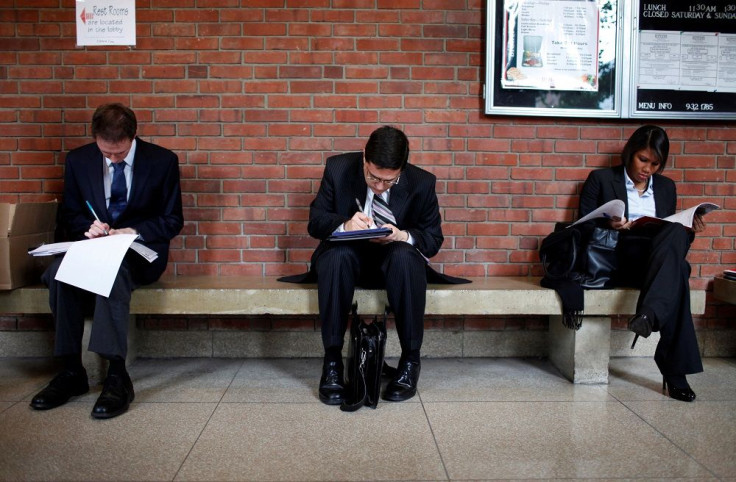How apps are turning the job-hunting process into a job-match

Online job-hunting used to be a simple search through job sites that involves navigating through various job positions in a certain category and sending a digital copy of one’s resume by email to the recruiter or employer. With the mobile boom, industry pioneers like Monster, CareerBuilder and Dice were also quick enough to jump on the smartphone bandwagon and create apps that enabled their members to transfer their online job-hunting from their laptops to their phones and tablets.
While this has made the process faster and less paper-reliant, both recruiters and job seekers are wanting more: a way to filter their search, become more diversified in their choices and heighten the chances of making an actual match that satisfies both the recruiters and the job seekers. Recent more ingenious apps are delivering this, possibly edging out the traditional job sites from their users’ screens.
Mercury News names a couple of job apps that help the hiring companies and the people looking for work narrow down their respective choices. ZipRecruiter still offers the usual online job-hunting model, but it creates a niche for employers from small-to-medium-sized enterprises who may not be able to afford Ivy league graduates looking for higher pay. It is also the first go-to place for applicants who want a cozier, looser organisation which more room for growth.
Meanwhile, Good and Co. helps determine if a candidate is suitable for an organisation, and vice-versa, depending on his personality. For example, creative artists who thrive on flexi-time environments can find themselves connected to Silicon Valley start-ups and advertising agencies, but not to more rigid hierarchical structures like banks.
These job apps are giving the power of choice to both recruiters and applicants through the available information. Mary Jo Fitzgerald, a mobile job search expert for online job marketplace Glassdoor, describes an applicant’s eager search for data: “They are looking at job listings, saving them for later and even applying directly from an app … This is the big pain point of many applicants.”
Dom Einhorn, founder and CEO of business news app Born2Invest, adds that a good number of the app’s readers are constantly clicking on the latest news and articles on career trends and advice, top employers, and productivity tips. He says, “They just don’t want to click on the nearest job opening. They are well aware of their strengths and what they can bring to the table. They are looking for companies where they can be a fit.”
The start-up Woo makes this recruiting match made in heaven possible through one radical strategy: totally giving the applicants absolute anonymity. While the recruiting company can see a candidate’s work experience, educational attainment, and post-work activities, it cannot access his name or the names of his past employers.
Selection would be based on the skills and job experience being offered. This opens a window for the anonymous jobseeker to be more candid about his preferences and the kind of corporate culture he is seeking. This latitude creates an environment for both parties to accurately assess each other’s fit for their requirements. Both sides test the waters before revealing their identities in negotiations that look more like a courtship dance.
Don’t rule out that scenario, either. The idea of creating a virtual employer-candidate match might have come out from the online dating game. Connections.Mic narrates stories of Tinder members who had hooked up, only to find out that they are better suited as manager and staff member than romantic partners. According to Money Control, dating sites that boast of millions of members are now leveraging on their immense database of profiles to form a job-matching platform. eHarmony has launched its Elevated Careers recruitment service, which applies the matchmaking principles that have made it a dating success into the human resources sector.
These new job-hunting apps have not just opened the industry to wider opportunities, but they have enhanced the power of choice and made the selection of candidate and job position more precise. The first virtual model which launched the job sites was like the jobseeker firing off a machine gun into a wide expanse, hitting as many targets as possible in order to really take down a few. This latest version has a built-in radar that identifies your target, hone in for a closer look, and nail down that one job that suits you, and that matching company that would readily welcome what you have to offer.






